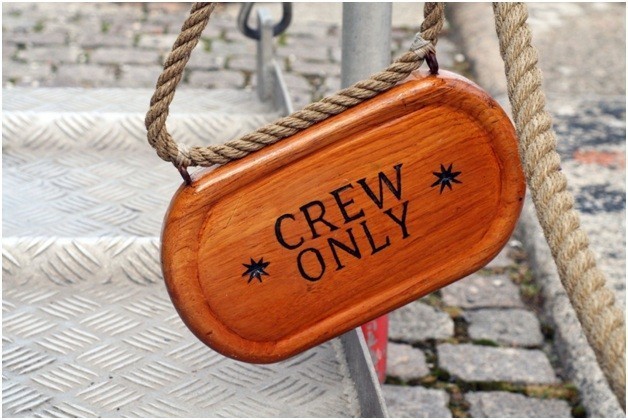While injuries at sea may be most commonly associated with higher-risk industries like offshore drilling and deep-sea fishing, injuries can occur on any type of vessel, to people working in any capacity. Cruise ship crew members, whether they’re responsible for the movement of the ship or for managing onboard activities, may experience an injury in the workplace and need to understand how they can be compensated.
If you’re a cruise ship employee, take the time to familiarize yourself with the Jones Act—under maritime law, your cruise line employer is legally obligated to compensate you if you were injured in the line of work due to their negligence.
What You Need to Know about the Jones Act
As you may already know, accidents that occur due to negligence at sea fall under maritime law, which is completely distinct from state and federal law in the US. As a result, if you are injured while working on a cruise ship, you can’t qualify for worker’s compensation. The Jones Act was implemented to hold at-sea employers accountable for negligence and give employees another route to recover damages. Under the Jones Act, you can sue your employer and recover damages as long as you can prove that the ship’s owner, captain, or even other crew members acted in a negligent way that resulted in your injury.
On a cruise ship, some crew member accidents that might fall under the Jones Act include:
• Slip and fall accidents on surfaces that shouldn’t have been slick (e.g. slipping on a liquid spill in the galley)
• Assault by a co-worker
• Assault by a passenger (if the cruise line allowed the assault to happen by not following reasonable security standards)
• Burns (e.g. as a result of a fire in the engine room)
• Improper training that leads to injury
Proving Your Claim
 In order to qualify for compensation under the Jones Act, you need to first show that you work as a “seaman.” Under maritime law, this means that at least 30% of your work is completed on a specific ship or fleet of ships, and that you “contribute to the work of the vessel.” This doesn’t necessarily mean you have to be captaining the ship; it simply means that you have to be helping to accomplish the mission of the vessel. For example, if you worked in one of the ship’s restaurants, you would still be contributing to the cruise line’s mission by feeding the passengers.
In order to qualify for compensation under the Jones Act, you need to first show that you work as a “seaman.” Under maritime law, this means that at least 30% of your work is completed on a specific ship or fleet of ships, and that you “contribute to the work of the vessel.” This doesn’t necessarily mean you have to be captaining the ship; it simply means that you have to be helping to accomplish the mission of the vessel. For example, if you worked in one of the ship’s restaurants, you would still be contributing to the cruise line’s mission by feeding the passengers.
If you do qualify as a seaman, the next step will be to prove that you were injured and that your employer caused the injury. Make sure that you seek the appropriate medical attention and keep track of your medical records; if you stop seeking treatment, the insurer may believe that you have recovered and are no longer entitled to compensation.
You will ultimately need to either settle your case or file suit. It’s never a good idea to reach a settlement before you’ve fully recovered from your injury, because you can’t know for sure how much your recovery will cost. However, after you’ve recovered, you and your attorney may be able to work with the cruise line that employed you to reach a fair settlement. If the cruise line gives you a low-ball offer, your next step will be to file suit. You should only do this if you cannot reach a reasonable settlement, as Jones Act cases take about 14 to 16 months on average.
Want to know more about cruise ship employee’s right to injury compensation? Talk with an experienced maritime accident lawyer at Lawlor, Winston, White & Murphey.
About the Author:
Andrew Winston is a partner at the personal injury law firm of The Law Office of Andrew Winston. He has been recognized for excellence in the representation of injured clients by admission to the Million Dollar Advocates Forum, is AV Rated by the Martindale-Hubbell Law Directory, and was recently voted by his peers as a Florida “SuperLawyer”—an honor reserved for the top 5% of lawyers in the state—and to Florida Trend’s “Legal Elite.”






